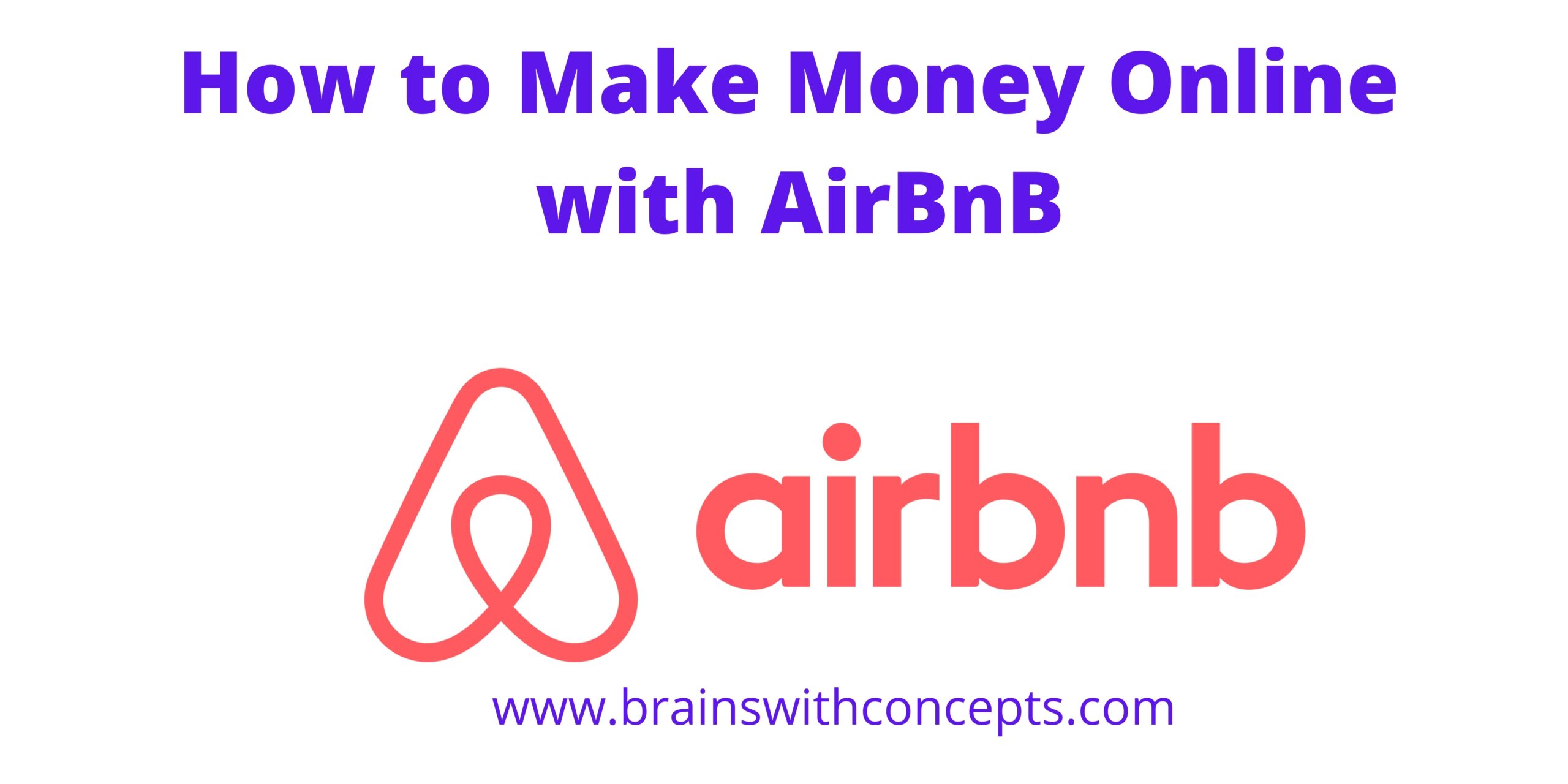Starting an Airbnb business in Kenya presents a lucrative opportunity in the growing short-term rental market. With Kenya’s tourism sector recovering and domestic travel increasing, now is an ideal time to learn how to start an Airbnb business in Kenya. This comprehensive guide covers everything from legal requirements to profitable strategies.
What is Airbnb and Why Kenya?
Airbnb is a global platform that allows property owners to rent out their spaces to travellers seeking alternative accommodation. In Kenya, the platform has gained significant traction, particularly in cities like Nairobi, Mombasa, and Nakuru. The local market shows strong potential with international and domestic tourists seeking unique, affordable lodging experiences.
Legal Requirements: How to Start an Airbnb Business in Kenya Legally
Tourism Regulatory Authority (TRA) Registration
Since February 2024, all operators of short-term accommodation rentals, including Airbnb, are required to register with the Tourism Regulatory Authority (TRA). This mandatory registration ensures properties meet safety and security standards.
Registration Process:
- Application: Fill the application form available on the TRA website and pay a one-time application fee of KES 1,000
- Annual License Fee: Pay KES 26,000 annual fee per house/unit
- Inspection: TRA conducts property inspections starting from February 5th, 2024
Additional Legal Requirements
County Government Business Permit: Obtain a business permit from the County Government, as Airbnb is regarded as an income-generating business
Safety and Security Requirements:
- Installation of up-to-date CCTV surveillance systems is now mandatory for all short-term rental operators
- Proper fire safety equipment
- Visitors’ identification documents will be temporarily retained for security purposes
Step-by-Step Guide: How to Start an Airbnb Business in Kenya
Step 1: Choose Your Property Strategy
Option 1: Use Your Own Property
- Spare room in your home
- Entire house or apartment
- Guest house or secondary property
Option 2: Airbnb Arbitrage
- Lease a property specifically for Airbnb
- Ensure lease agreement allows short-term rentals
- Calculate potential returns vs. lease costs
Step 2: Set Up Your Airbnb Account
- Visit airbnb.com and click “Host Your Home”
- Create an account with valid email and phone number
- Complete identity verification
- Add property details, photos, and pricing
Step 3: Prepare Your Property
Essential Amenities:
- Proper drainage and sanitation, air conditioning, electricity, internet connection, work-friendly and safe environments
- Quality bedding and linens
- Kitchen basics (if applicable)
- Bathroom essentials
- Wi-Fi connectivity
Strategic Location Considerations:
- Consider proximity to hospitals, towns, and roads, among other infrastructure
- Access to public transportation
- Nearby attractions and amenities
Step 4: Professional Photography and Listing
- Invest in high-quality photos
- Write compelling property descriptions
- Highlight unique features and local attractions
- Set competitive pricing based on market research
5 Ways to Make Money With Airbnb in Kenya (Beyond Traditional Hosting)
1. Property Management Services
Many property owners, especially those living abroad, need reliable managers for their Airbnb properties. Property managers can earn KES 60,000-120,000 monthly by managing multiple properties, handling bookings, cleaning, and guest communication.
2. Airbnb Experiences
Offer unique local experiences such as:
- Cultural tours and cooking classes
- Wildlife photography sessions
- Local market tours
- Historical site visits
- Adventure activities
Earning Potential: KES 2,000-10,000 per experience, with Airbnb taking a 20% commission.
3. Airbnb Affiliate Marketing
Promote Airbnb through your blog, social media, or website. Earn 25% commission on Airbnb Experiences bookings and 30% on accommodation bookings made through your referral links.
4. Concierge Services
Offer additional services to guests:
- Airport transfers
- Meal preparation
- Laundry services
- Tour booking assistance
- Car rental arrangements
5. Property Consultation
Help other hosts optimize their listings by offering:
- Interior design advice
- Photography services
- Listing optimization
- Pricing strategy consulting
Financial Considerations
Startup Costs
Initial Investment:
- TRA registration: KES 1,000
- Annual license: KES 26,000 per unit
- Property setup: KES 50,000-200,000
- Insurance: KES 20,000-50,000 annually
- Marketing and photography: KES 15,000-30,000
Revenue Potential
Nairobi Market Rates (2025):
- Budget properties: KES 2,000-4,000 per night
- Mid-range properties: KES 5,000-8,000 per night
- Luxury properties: KES 10,000-25,000 per night
Occupancy Rates: Successful hosts achieve 60-80% occupancy rates in prime locations.
Tax Obligations
- VAT: 16% VAT tax according to government regulations
- Income Tax: Standard rates apply to rental income
- Withholding Tax: Airbnb automatically deducts applicable taxes
Success Tips for Your Airbnb Business in Kenya
1. Market Research and Competition Analysis
Study successful listings in your area, analyze pricing strategies, and identify gaps in the market. Focus on unique selling propositions that differentiate your property.
2. Exceptional Guest Experience
- Provide detailed local guides
- Offer 24/7 communication
- Maintain spotless cleanliness
- Include welcome amenities
- Respond to reviews professionally
3. Strategic Pricing
Use dynamic pricing tools and seasonal adjustments. Consider:
- Peak seasons (holidays, conferences)
- Local events and festivals
- Weekday vs. weekend rates
- Long-stay discounts
4. Professional Management
- Automate check-in/check-out processes
- Use property management software
- Maintain consistent quality standards
- Build relationships with reliable service providers
Common Challenges and Solutions
Challenge 1: Regulatory Compliance
Solution: Stay updated with TRA requirements and maintain proper documentation.
Challenge 2: Competition
Solution: Focus on unique experiences and exceptional service rather than just price competition.
Challenge 3: Seasonal Demand
Solution: Diversify your target market to include business travelers, long-term guests, and local tourists.
Challenge 4: Property Maintenance
Solution: Establish relationships with reliable maintenance providers and conduct regular inspections.
Airbnb Alternatives in Kenya
While building your Airbnb business, consider listing on multiple platforms:
- Vrbo: Popular alternative with over 1 million listings
- Booking.com: Strong presence in Kenya’s hospitality sector
- Tripping.com: Works with Kayak for price comparison
- Local platforms: Emerging Kenyan booking platforms
Technology and Payment Solutions
Accepted Payment Methods in Kenya
Airbnb accepts:
- Credit and debit cards (Visa, Mastercard)
- PayPal
- Google Pay
- Apple Pay
- Airbnb credits
Note: M-Pesa is not directly accepted, but guests can use M-Pesa to fund their credit cards or PayPal accounts.
Essential Apps and Tools
- Airbnb Host App: Manage bookings on the go
- WhatsApp Business: Guest communication
- Pricing Tools: PriceLabs, Beyond Pricing
- Cleaning Apps: Properly, TurnoverBnB
Future Outlook: Airbnb Business in Kenya
The Kenyan short-term rental market shows promising growth potential driven by:
- Increasing domestic tourism
- Growing digital nomad community
- Government support for tourism sector
- Improving infrastructure and connectivity
The Tourism Regulatory Authority plans to enlist at least 50,000 Airbnb-based short-term accommodation facilities within three months, indicating strong market confidence.
Conclusion
Learning how to start an Airbnb business in Kenya requires understanding both the opportunities and regulatory requirements. With proper planning, legal compliance, and strategic execution, an Airbnb business can provide substantial income streams. Success depends on delivering exceptional guest experiences while maintaining cost-effective operations.
The key to thriving in Kenya’s Airbnb market lies in staying compliant with TRA regulations, offering unique value propositions, and consistently delivering quality service. Whether you’re starting with a single room or planning a multi-property portfolio, the fundamentals remain the same: legal compliance, guest satisfaction, and strategic marketing.
Start your Airbnb journey today by researching your local market, preparing your property, and completing the necessary legal requirements. With dedication and proper execution, your Airbnb business in Kenya can become a profitable venture in the growing short-term rental market.

